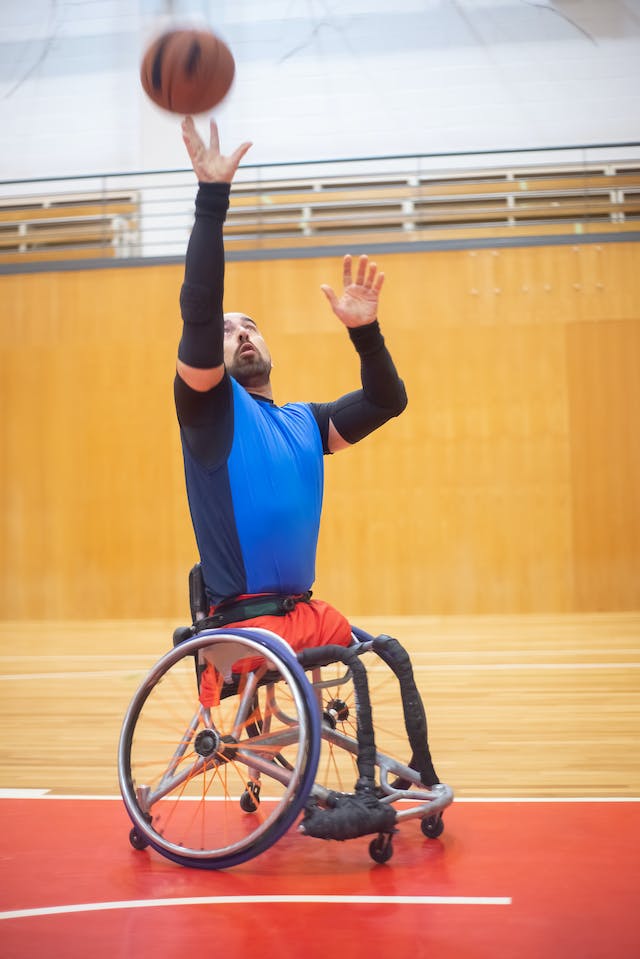Sports handicapping can be a major part of sports betting in general, so knowing how it works can be important. It is not just a way to even out the benefits of one team beating another, but it can also be the core reason for bets changing based on player or team performance.
Understanding handicap betting
When making bets, you are basically putting money on a chance that something will happen. In a completely balanced situation, there would be a 50/50 chance of either outcome, but sometimes one side will have a greater chance of hitting the outcome you are looking for. This could be an individual person, a team of athletes and sports players, or even something that does not have human input at all.
If a team has shown that they can confidently win games and they are going up against a poor-performing team, the chances of them winning are much higher relative to their opponents. By analyzing the data from their past games, matches, or tournaments, bookmakers are able to arrange bets so that less likely odds payout more. For example, if a team is three times as likely to lose as their opponent, the risk is three times as high, but the payout might also be three times as large.
How does handicapping affect odds?
Let us say you are going to watch an NCAAB or NFL game and want to bet on your preferred team winning. Almost all bets are constructed based on what you are actually betting: if you bet X dollars on a certain event, you will get X multiplied by Y% as winnings. The idea is that players who bet more are going to get more winnings, but they also have greater things to lose.
With handicapping, the rewards are scaled closer to the risks. If a team is likely to lose, then the winnings will go up even if the bet remains the same. It is not impossible to see a popular team at 2:1 odds (winnings are 200% of your bet), whereas an underdog team with a poor win history could reach 10:1 odds (1000% winnings) or sometimes even higher.
The ratio is easy to work out. The first number is what you will get for wagering the second number, so 3:1 means that you will win $3 for every $1 you bet. The higher the odds, the larger the winnings, but you are also putting your money at greater risk in most cases. Extremely high odds can be a sign that the team or player is expected to lose, which can make unexpected wins extremely unlikely but highly profitable.
Why should I use sports handicapping?
In sports events, there are often a lot of individual players, teams, and outcomes that you can bet on. Considering that most large bets happen around popular teams and players that have a long history behind them, there is a lot of data to pull from when looking at their past performance. Some events, such as football tournaments and cups, might even involve two teams that are known for being rivals.
Handicapping isn’t cheating, and it generally isn’t a way to try and manipulate the game – it is based on data taken from previous games that involved the same players. This data is sometimes put through an algorithm that builds up the perfect ratio or difference for each team’s chance of success, but in other cases, bookmakers will go with their ‘gut feeling’ when they set out odds.
How can I find handicapping information?
A lot of players will look into a handicapping system as a way to help them win, including using pre-made algorithms and databases to piece together potential odds with whatever data they can get. Companies like Kyle Covers Spreads and Doc’s Sports service are a good example, hosting multiple different packages of data that customers can use to make informed bets based on the past performance of whichever players are involved.
For people who are serious about trying to earn money through large bets, a handicapping service can be almost essential because it does the research for them. A lot of information about player performance is not easy to gather, and it can take a long time to piece together a database of every possible player and team you might end up betting on.

